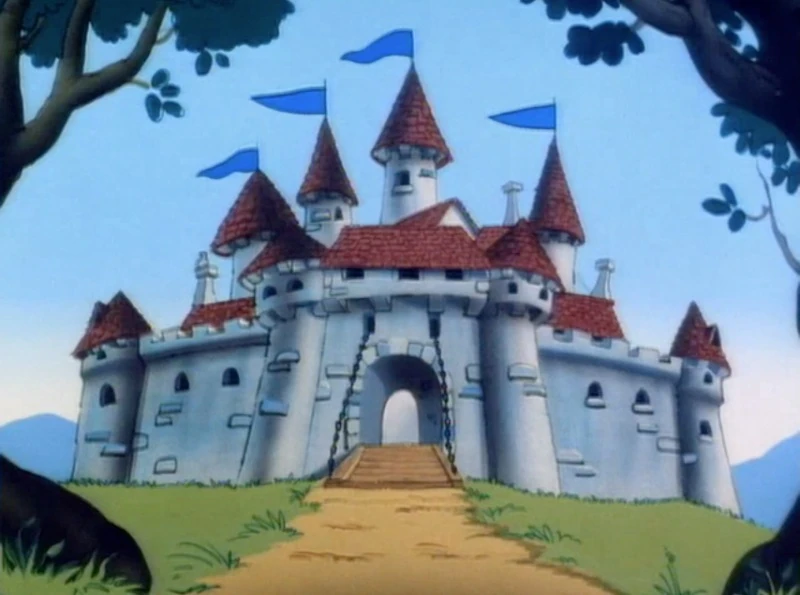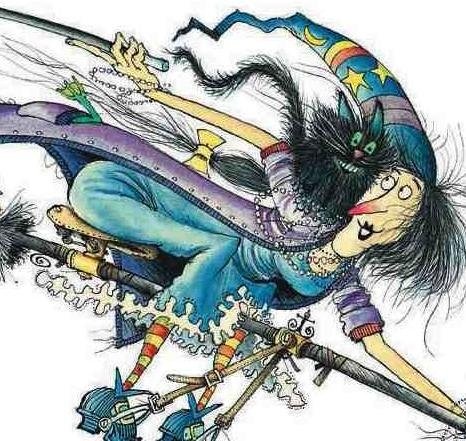7th Year - Animal Farm
Chapter 10.
1) As animals grew old, what happened with their pensions (superannuated animals)?
2) The new generations of animlas barely knew about the rebellion. What was the consequence? What kind of animlas were they?
3) Discuss the economic prosperity of the farm (windmill, land, production) and the conditions of the animals. Why did Squealer talk to the animals about the new bureaucracy?
4) Why didn't the animals abandon any of the old dreams? "And when they heard the gun booming and saw the green flag fluttering at the masthead, their hearts swelled with imperishable pride, and the talk always turned towards the old heroic days, the expulsion of Jones, the writing of the Seven Commandments, the great battles in which the human invaders had been defeated. None of the old dreams had been abandoned." (In my version this is page 81)
5) Why did Squealer take the sheep away? How can you see this reflected in real-politics? ("Four legs good, two legs better!"
6) How did the other commandments get changed? What other changes did Napoleon make? (to himself, walking on two legs, with a whip, to the name of the farm "Manor Farm")
7) What did Pilkington say about the animals in Animal Farm? Why should they become an example for all farms? Explain equivalence between lower classes and lower animals and labour problems around the world.
8) What is ironic about all the promises the pigs and humans made in the farmhouse? (they cheated in the card game)
9) Why was it impossible to tell which was man and which was pig at the end of the chapter?
http://www.newspeakdictionary.com/go-animal_farm.html#AF-Things



